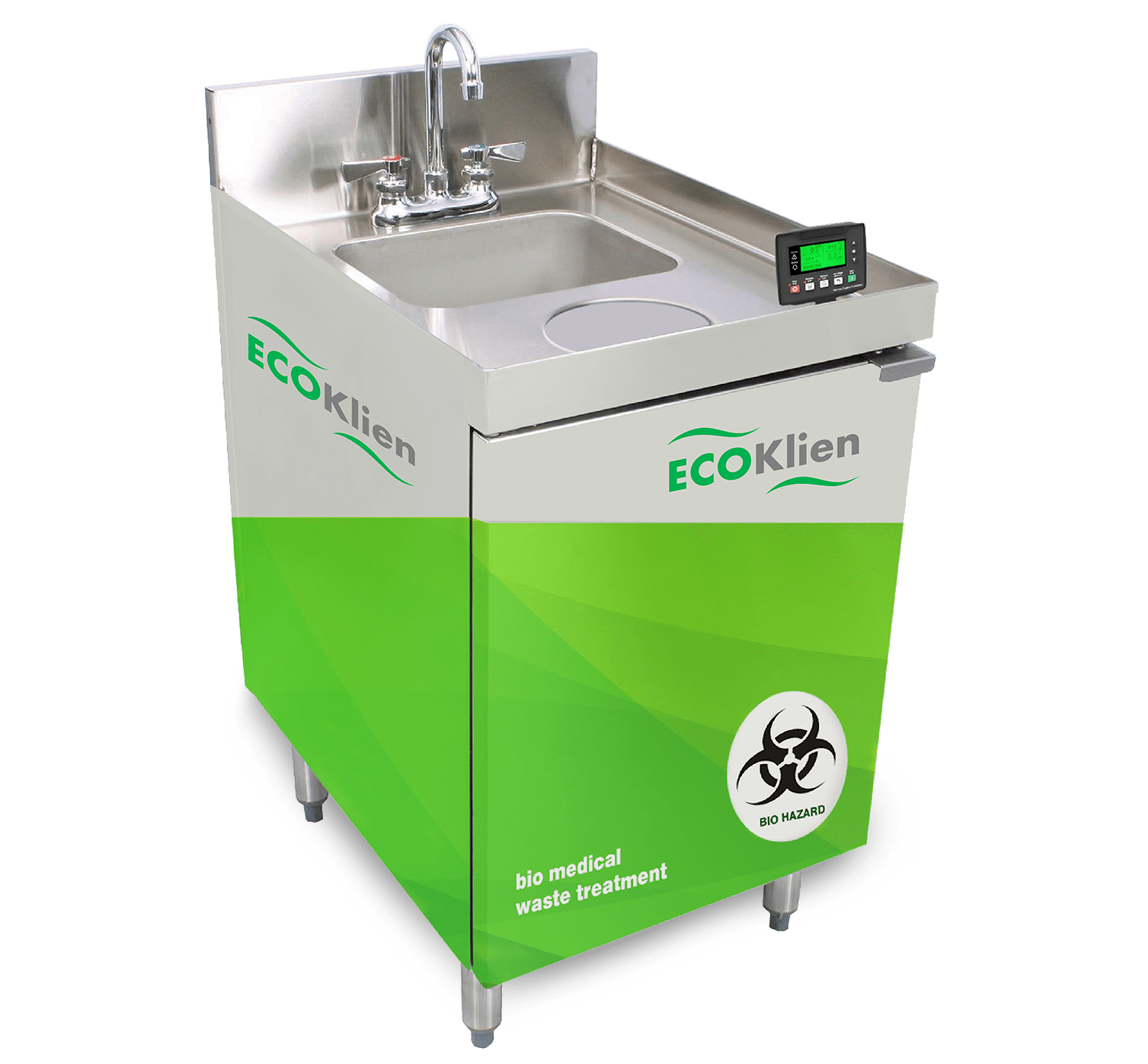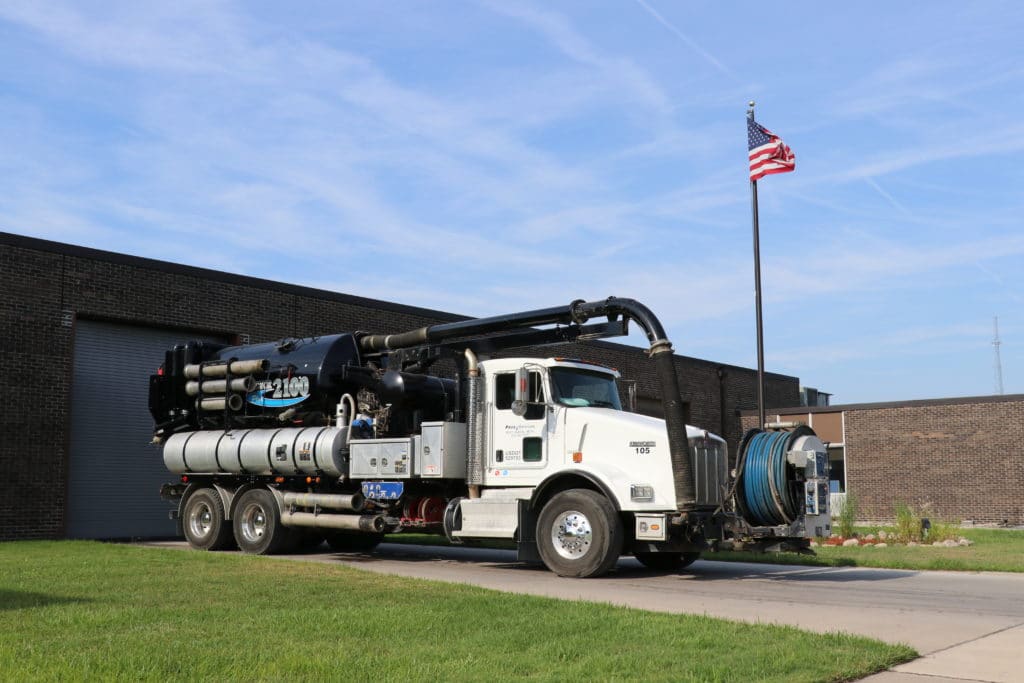Industrial Wastewater Treatment: Advanced Methods for Effective Monitoring
Industrial Wastewater Treatment: Advanced Methods for Effective Monitoring
Blog Article
Understanding the Comprehensive Process of Fluid Waste Disposal: Ideal Practices and Environmental Influence Factors To Consider
The administration of liquid waste disposal is a diverse concern that needs a complete understanding of numerous finest practices and their connected ecological effects. From the types of fluid waste generated to the approaches utilized for collection, therapy, and final disposal, each step plays an essential function in protecting ecological communities and public health.
Types of Fluid Waste
Understanding the different types of fluid waste is essential for efficient management and disposal techniques. Fluid waste can be extensively categorized right into several types, each calling for unique handling and treatment techniques.
Industrial fluid waste often contains unsafe products, consisting of hefty metals, solvents, and chemicals, created during manufacturing procedures. These wastes demand stringent regulative compliance to safeguard human health and wellness and the setting. Domestic fluid waste largely refers to wastewater created from homes, consisting of sewer and greywater, which, although less toxic, can still present substantial risks if poorly handled.
Agricultural liquid waste, including overflow from ranches, frequently contains fertilizers and chemicals that can result in ecological degradation if not treated properly. Clinical liquid waste, produced from health care centers, consists of contaminated liquids such as bodily liquids and chemicals, needing specialized disposal methods to avoid infection and ecological contamination.
Lastly, oil and grease waste, commonly created by restaurants and vehicle sectors, can create extreme obstructions in sewer systems otherwise handled correctly. Comprehending these groups promotes targeted techniques for therapy, conformity with guidelines, and reliable disposal techniques, eventually advertising ecological sustainability and public wellness safety.

Collection Approaches
Efficient collection approaches are vital for the proper management of liquid waste, making certain that it is collected securely and successfully prior to therapy or disposal. Various methods are utilized depending on the sort of liquid waste produced, the volume, and the details qualities of the waste.
One typical approach is using committed collection containers or sumps, which are designed to catch fluid waste at the resource. These systems often integrate pumps that assist in the transfer of waste to larger storage space containers or treatment facilities. In addition, mobile collection units equipped with vacuum innovation are employed in situations where waste is created intermittently or in hard-to-reach places.
For industrial settings, closed-loop systems can successfully minimize leakages and spills, enabling for the healing and reuse of liquid waste. It is also essential to train employees on appropriate collection protocols to mitigate threats connected with unsafe compounds.
Moreover, executing normal upkeep routines for collection devices makes sure ideal efficiency and safety and security. The assimilation of innovative surveillance systems can boost collection performance by giving real-time data on waste levels and prospective risks. Overall, reliable collection techniques are foundational to sustainable liquid waste monitoring methods.
Treatment Processes
Therapy processes play an essential role in the monitoring of fluid waste, transforming potentially hazardous materials right into risk-free effluents or multiple-use sources - liquid waste disposal. These processes can be broadly categorized into physical, chemical, and biological techniques, each tailored to deal with details impurities present in the waste stream
Physical treatment approaches, such as sedimentation and filtering, job by getting rid of put on hold solids and particulate matter. These strategies are typically the initial step in the therapy chain, efficiently reducing the lots on subsequent procedures. Chemical therapies include using reagents to reduce the effects of hazardous materials, speed this page up hefty steels, or oxidize organic pollutants, consequently boosting the safety and security of the effluent.
Organic treatment procedures, including activated sludge systems and anaerobic digestion, maximize the all-natural capacities of microbes to degrade raw material. These techniques are specifically reliable for wastewater including naturally degradable toxins. Advanced therapy innovations, such as membrane filtering and progressed oxidation procedures, are progressively utilized to achieve higher degrees of filtration.
Integrating a mix of these treatment approaches not just makes certain conformity with regulative standards yet additionally advertises ecological sustainability by recouping important resources from fluid waste.
Disposal Options
How can organizations make certain the liable and secure disposal of liquid waste? Efficient disposal alternatives are essential for protecting public health and wellness and the environment. The primary approaches consist of land disposal, therapy, and incineration adhered to by discharge into community wastewater systems.
Land disposal entails the cautious control of fluid waste in assigned garbage dumps, making certain that it does not leach into surrounding dirt or water. Incineration, on the various other hand, subjects fluid waste to high temperature levels, converting it right into ash and gases, which call for proper filtration to minimize emissions. This technique is ideal for contaminateds materials that can not be dealt with with traditional ways.
In instances where fluid waste can be dealt with, organizations might select chemical or organic treatment procedures to counteract dangerous elements before discharging the dealt with effluent right into metropolitan systems. This path generally straightens with regulative demands, guaranteeing that the effluent satisfies safety and security requirements.
Eventually, companies should carry out thorough assessments of each disposal choice to establish its stability, thinking about elements such as waste composition, regulative conformity, and possible dangers to health and wellness and the environment. By choosing ideal disposal methods, companies can contribute to a responsible waste management method.
Ecological Impact
The ecological effect of liquid garbage disposal is an essential factor to consider for companies seeking to lessen their eco-friendly footprint. Improper disposal techniques can result in considerable contamination of water sources, dirt deterioration, and damaging impacts on regional communities. For circumstances, dangerous liquids can leach into groundwater, posing dangers to alcohol consumption water materials and marine life. In addition, the discharge of untreated or inadequately dealt with waste into surface area waters can result in eutrophication, bring about the original source oxygen deficiency and the subsequent death of fish and other organisms.

To alleviate these influences, companies must adopt best techniques such as executing rigorous waste treatment procedures, promoting recycling and reuse, and adhering to regulative standards. By taking a proactive strategy to fluid waste management, entities can considerably decrease their ecological impact while supporting sustainable advancement objectives. Inevitably, a detailed understanding of the environmental impacts related to fluid waste disposal is important for notified decision-making and accountable stewardship of natural deposits.
Final Thought
Effective administration of fluid waste is crucial for securing environmental stability and public wellness. Ultimately, a detailed understanding of liquid waste disposal not only minimizes environmental influences yet also promotes a commitment to liable resource management and environmental stewardship.
The administration of fluid waste disposal is a multifaceted problem that needs a thorough understanding of various best techniques and their linked environmental impacts. From the types of liquid waste generated to the techniques utilized for collection, treatment, and final disposal, each action plays a crucial role in protecting environments and public health.The environmental effect of liquid waste disposal is a vital factor to consider for companies looking for to decrease their eco-friendly impact. Inevitably, a thorough understanding of the ecological influences associated with liquid waste disposal is important for educated decision-making and liable stewardship of all-natural sources.
Inevitably, a thorough understanding of fluid waste disposal not just mitigates environmental effects however additionally cultivates a commitment to liable resource management and environmental stewardship.
Report this page